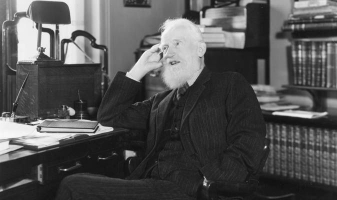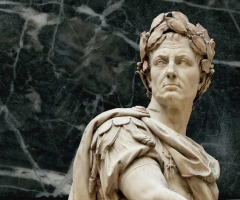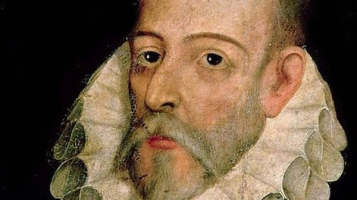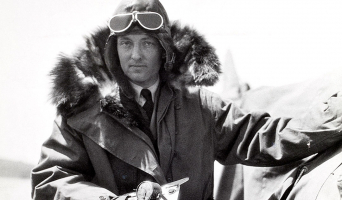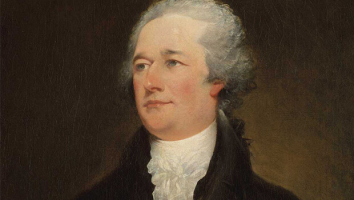Top 8 Interesting Facts about Tiberius – A Roman Emperor
Tiberius (born November 16, 42 BCE; died March 16, 37 CE; sometimes known as Tiberius Caesar Augustus or Tiberius Julius Caesar Augustus). He was the second ... read more...Roman emperor (14–37 CE), Augustus' adoptive son, and he aimed to uphold Augustus' imperial institutions and bounds. During his latter years, he became a despotic hermit who terrorized important figures in Rome. There are various interesting facts about Tiberius - a Roman emperor you should not miss.
-
On November 16, 42 BCE, Tiberius was born to Tiberius Claudius Nero and Livia Drusilla. He first went by the name Tiberius Caesar before becoming Tiberius, the second emperor. Nero served as a priest, magistrate, and captain of Caesar's navy. Livia, on the other hand, was a powerful lady who gave her husband advice. Tiberius was born when Livia was 13 years old.
Nero served as the fleet captain for Julius Caesar and was devoted to him. During the American Civil War, Julius Caesar was murdered. Since that time, Nero has switched his allegiance to Mark Antony, a man who is Caesar and his followers' opponent. Augustus, the nephew of Julius Caesar, was not pleased with the shift in dedication. He engaged Mark Antony in combat, which resulted in Antony's victory.
The Nero family had to leave as fugitives since Augustus had turned against them. He and his family had to overcome several obstacles as they fled an assassination attempt. They were forced to evacuate from Naples to Sparta and Sicily. When they were sheltering in Naples, they once came under attack in the dead of night by Octavian's forces. Tiberius was a little child at the time. When Tiberius was just 3 years old, the Nero family was finally allowed to return to Rome. When they returned, Augustus was in charge.
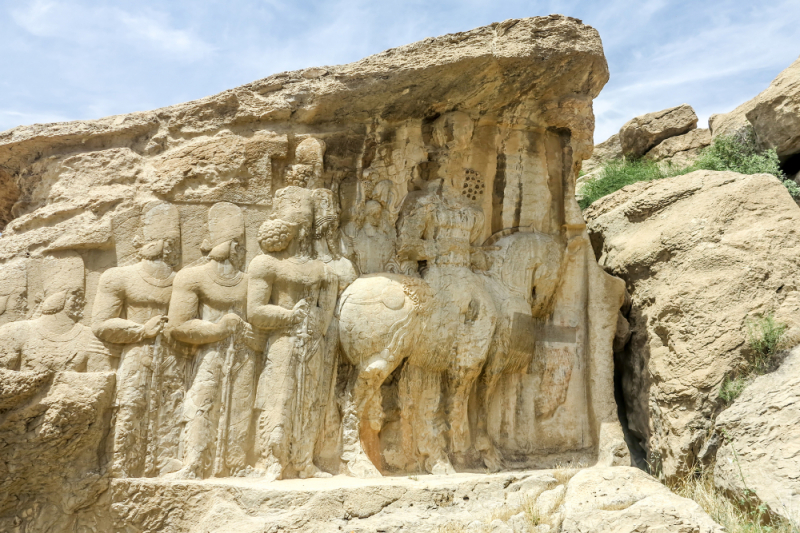
Photo: https://www.factinate.com/ 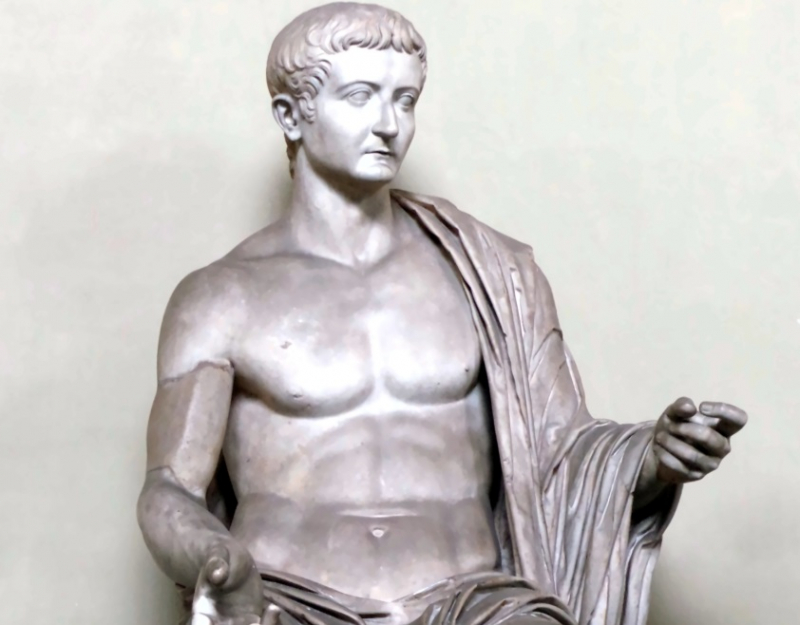
Photo: https://www.factinate.com/ -
Augustus held the emperor's authority in 39 BCE but did not yet have the title. Attracted to Livia's beauty and the fact that she was carrying a second son at the time, Augustus divorced his wife, who was also expecting and forced the older Tiberius to give up Livia so that he could marry her. Livia left Nero and wed Augustus because she desired a stable existence for herself and her child. When Tiberius' younger brother Drusus was born a few months later, he was sent to live with his parents while Tiberius stayed with his father. Tiberius, who was nine years old at the time of his father's passing, moved in with Livia and the emperor with Drusus. The two boys learned together, played together, and took part in the required rituals of temple dedication and victory celebration, along with the emperor's daughter Julia, who was their age. Their cousin Marcellus, the son of Octavia, Augustus' sister, joined them.
All three sons received the appropriate training in the absence of clear legislation specifying who will succeed Augustus as emperor. They received training in eloquence, literature, diplomacy, and military prowess, and soon they also started participating in ceremonial state activities. Tiberius was the first to do so since he was the oldest. Tiberius, a 13-year-old, rode the right horse of Augustus' chariot in the triumphal procession after Augustus defeated Cleopatra and Antony at Actium. He was not a very attractive man, but he was well-behaved.
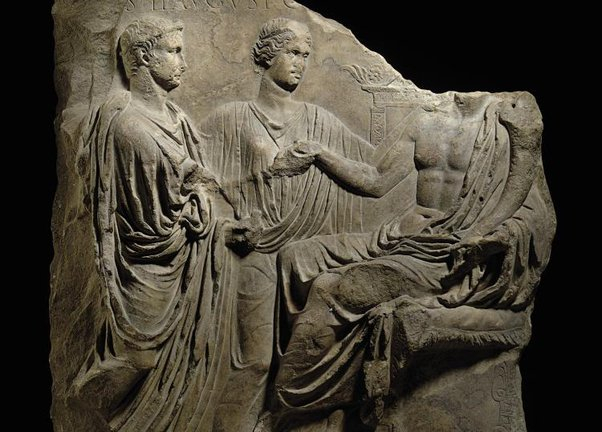
Photo: https://www.quora.com/ 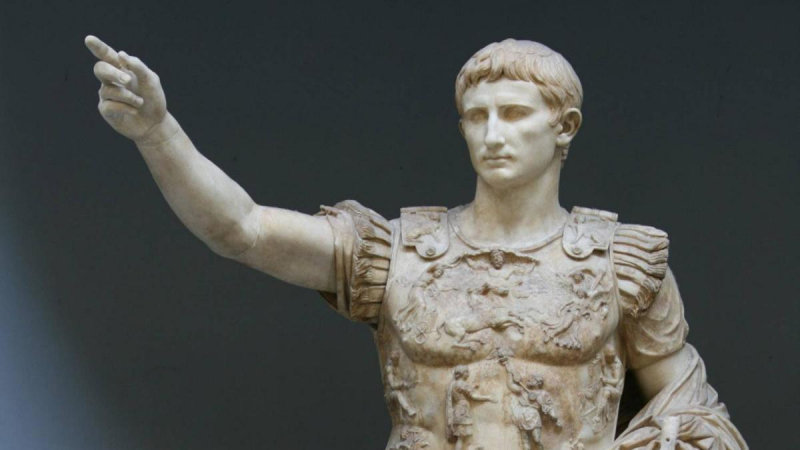
Augustus - Photo: https://www.britannica.com/ -
He was a serious person by nature, but as a young man, he had developed into a bashful person. His most valuable skill was application. He picked up knowledge quickly because he had access to the greatest tutors in the empire and, more importantly, because he participated in life at the palace, the epicenter of the civilized Western world. Tiberius was a dedicated student who closely imitated Augustus's professional abilities. By the time he was 14 years old, Tiberius was accustomed to eating with imperial rulers, leading religious ceremonies over the heads of strong men who were five times his age, and even recognizing his likeness in marble sculptures.
At the age of 17, he entered politics and was appointed quaestor by Augustus, which was one of the most interesting facts about Tiberius. The post was solely offered based on his qualifications and abilities. He had remarkable fiscal management skills while serving as a quaestor. With his potential talent, he was able to become famous at a young age. He also had the opportunity to advance to the positions of praetor and consul. Everyone found it amusing that he was chosen as a consul five years before the required legal age.
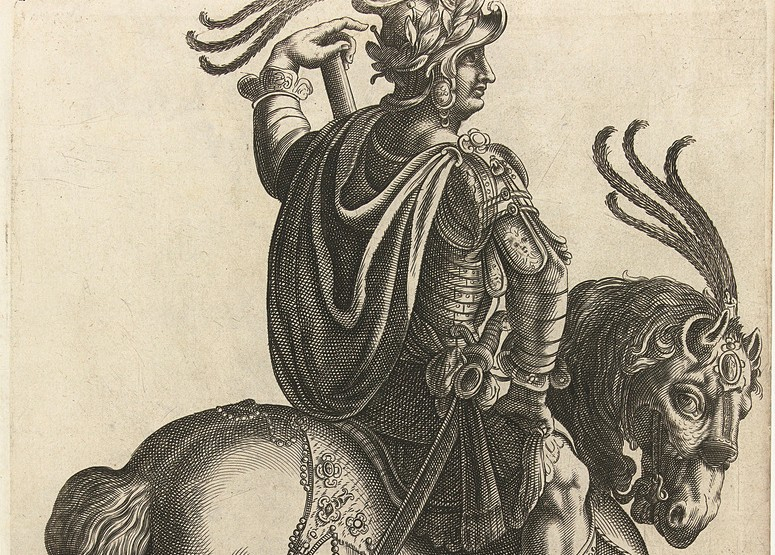
Photo: https://www.factinate.com/ 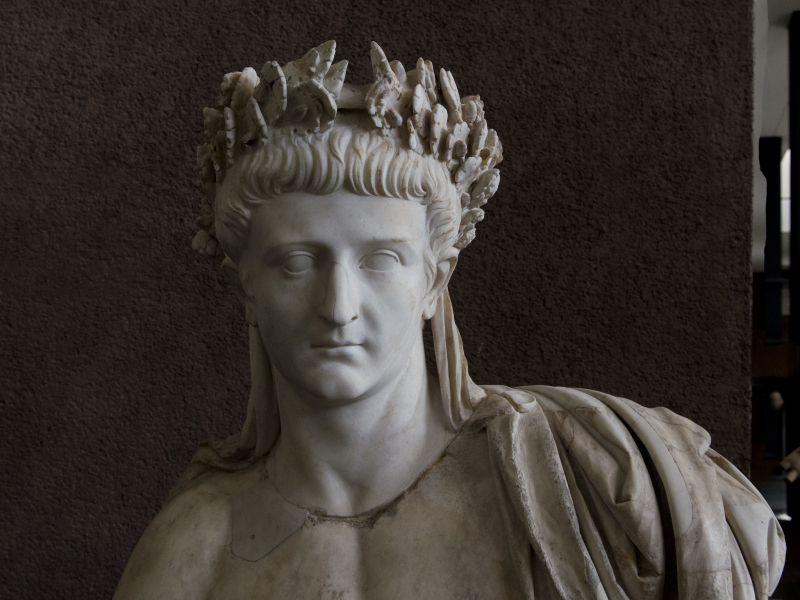
Photo: https://www.factinate.com/ -
One of the most interesting facts about Tiberius can be considered that he had many complicated marriages. In BC 19, Tiberius wed Vipsania Agrippina, the daughter of Augustus's son-in-law. Although their relationship was incredibly seamless, it was short-lived. As Tiberius was requested to leave her and wed Julia, Augustus' daughter, they were split apart.
Despite having previously been married twice, Julia has sadly left a widow. Tiberius and Vipsania separated in 11 BC, the same year that he wed Julia. Vipsania, however, was forced to wed a senator.
Even though they were separated, they were still able to see one another. Knowing this, Augustus gave Tiberius the directive to never again meet Vipsania.
Tiberius had a son called Drusus who underwent emperor training. Unfortunately, Sejanus killed him in 23 CE with the help of Livilla, Drusus's wife.
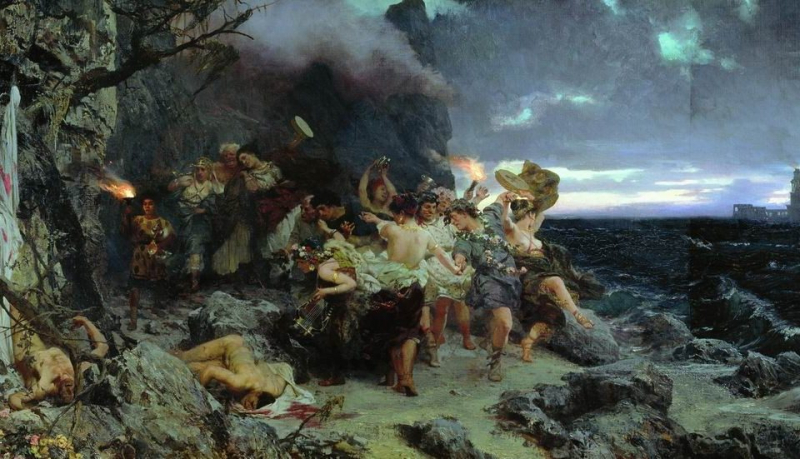
Photo: https://www.walksinsiderome.com/ 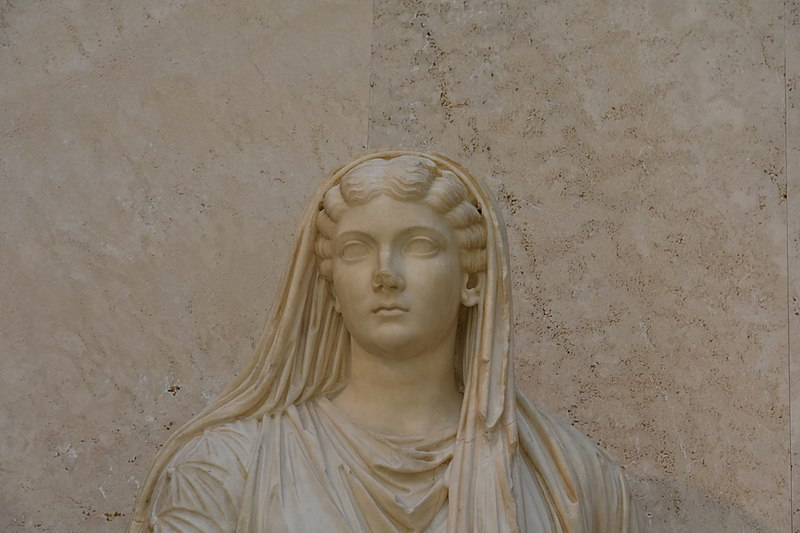
Vipsania - Photo: https://www.factinate.com/ -
With his first military command at the age of 22, Tiberius was able to earn a great deal of respect. The Roman Legions that were lost in Parthia improved under the direction. He was assigned another duty, directing the pacification of the province of Pannonia on the Adriatic Sea, after his superiors were impressed by his leadership abilities.
Along with working to defeat his foe, he also prioritized looking after his troops. He was so adored and revered by everybody. Everyone admired his military prowess, and he also won a victory. Furthermore, Tiberius developed well-considered, wise, and far-sighted regulations and norms. He worked slowly and had everything prepared. It took some time before the fresh conquests were tried. He did not shift forces for any justifiable grounds, either.
To leave enough money behind even after his death, he also tried to save the imperial treasury. He also tried to strengthen the Roman Navy. He also abolished the practice of naming calendars after himself and the gladiatorial games.
Contrarily, there were a few battles, but the violence and the regional uprising both diminished. A lady had been robbed by a few Jews, which led to the exaltation of the whole Jewish society. People who enacted laws were also condemned.
He started pushing for orders outside of Rome after becoming well-known there. He preferred to live distant from Rome because, according to speculation, he wanted to be away from Julia because of her adulterous behavior. For his abilities, he was granted tribune-level authority in 6 BCE. After a few years of employment, he decided to go into self-imposed exile and traveled to the Rhodes islands. Overall, he was successful in gaining notoriety, admiration, and accolades by showing his abilities and making changes to Rome.
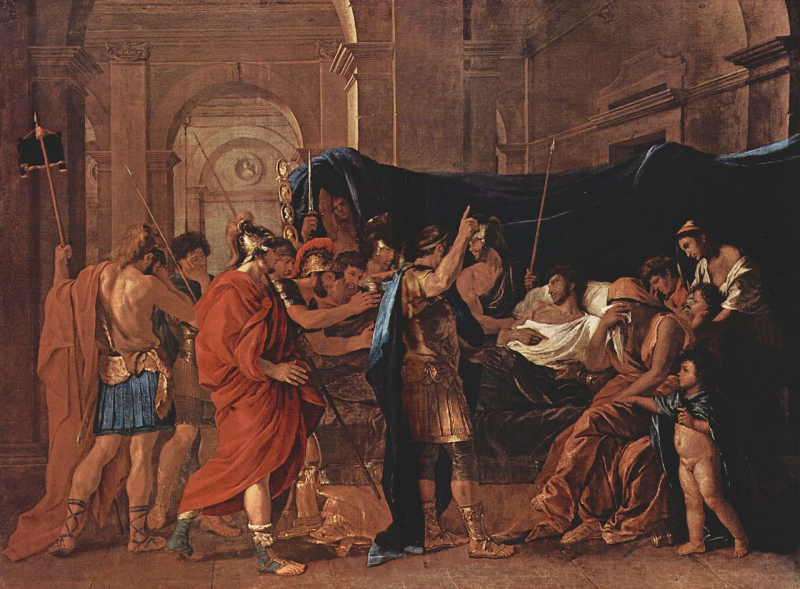
Photo: https://www.factinate.com/ 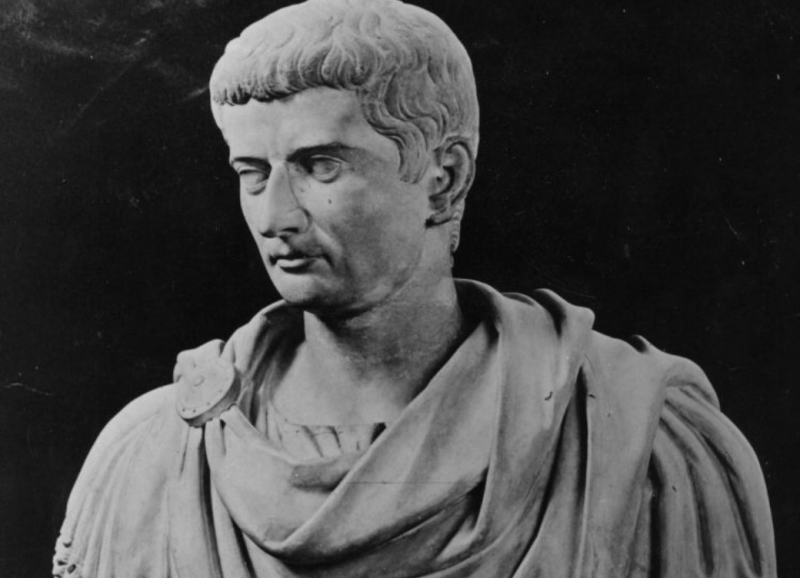
Photo: https://www.factinate.com/ -
Tiberius showed himself to be a capable and powerful military leader. By 14 BCE, he had developed a harsh attitude and was vicious.
He was born to noble parents, such as Tiberius Claudius Nero and Livia, yet he ended up becoming the exact antithesis of who his parents were. He was an emperor with a lack of political responsibility understanding and poor judgment. If someone had more wealth, education, or higher living standards than him, he would feel envious of them.
Due to his mentality and position limitations, there was repression and fear during his rule. Then there was the period of terror, political repression, unjust treatment, and killings. In addition to this, he was notorious among the populace of Rome because he encouraged people to build statues of him to adore. Those who objected to the veneration of his statue would face punishment. The cruel deeds don't end there; he is also accountable for the deaths of many others, including Postumus, Julia's son, and the Roman Senate.
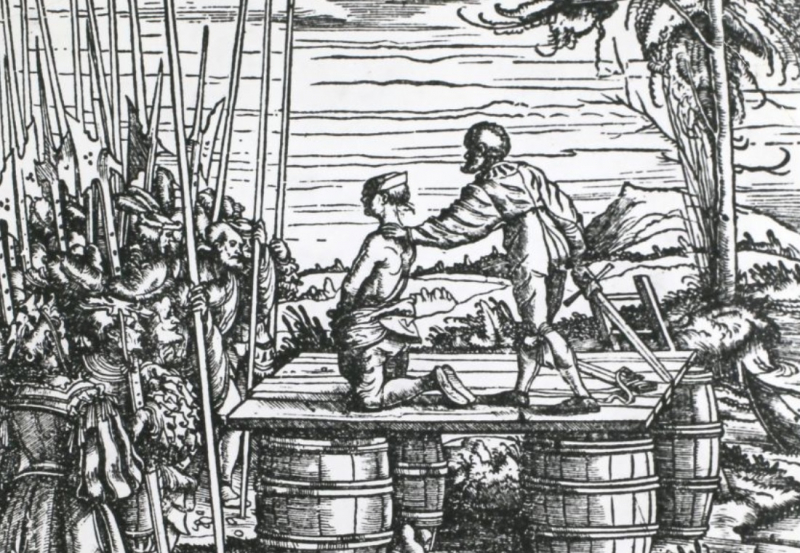
Photo: https://www.factinate.com/ 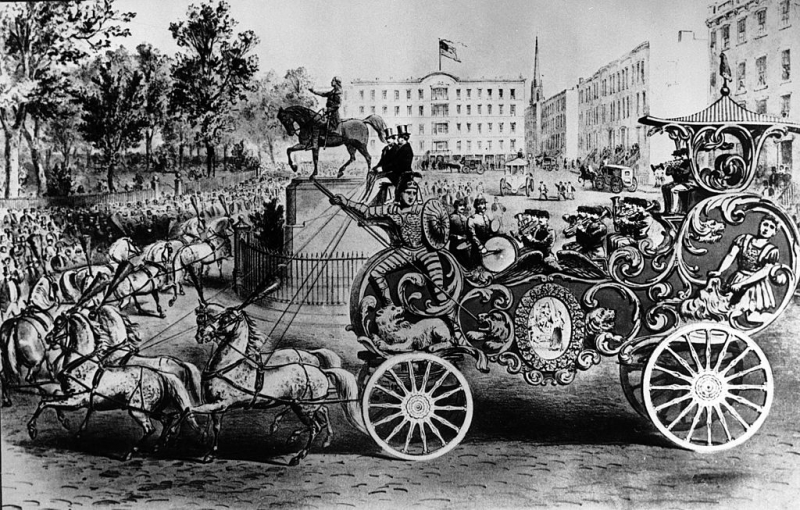
Tiberius rode in a chariot which celebrated Augustus’s brutal victory - Photo: https://www.factinate.com/ -
For some time, Tiberius remained under Augustus' shadow, which is also one of the most interesting facts about Tiberius. Despite his knowledge and abilities, the people of Rome were not persuaded by his look or manner of speaking.
For a considerable amount of time, the people did not tolerate his sluggish, difficult-to-understand speech. Fortunately, despite his shortcomings, Augustus accompanied him everywhere he went, whether to training or supper with noble people.
In 27 BCE, he was sent to Gaul and Marcellus to study how to direct the marches, maintain the alertness of the garrisons, and maintain the fortifications. They were unable to take part in any fights, though.
While he was becoming well-known for his military leadership abilities, his brother Drusus passed away after breaking his leg in a horse fall while he was on a campaign in Germany.
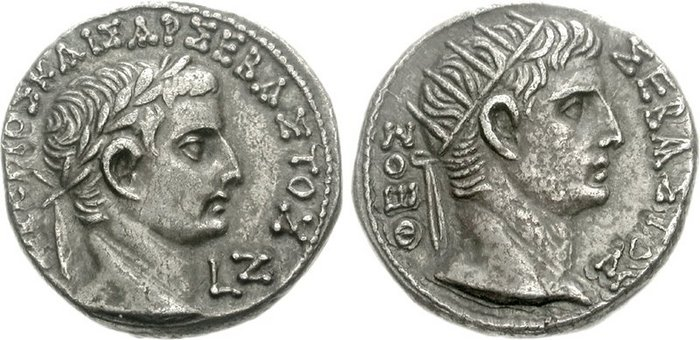
Photo: https://www.romanemperors.com/ 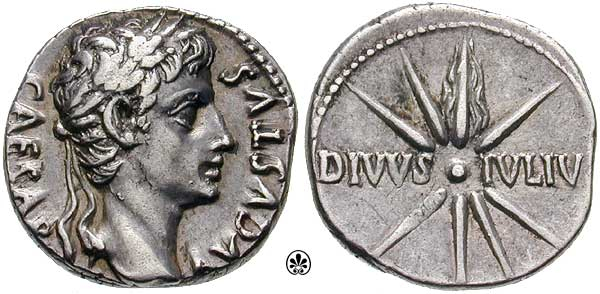
Photo: https://en.wikipedia.org/ -
Last but not least, one of the most interesting facts about Tiberius is he fled Rome twice for various reasons. He first relocated to Rhodes, a sign of exile. He chose to go into self-exile as a result of his compelled union with Julia. Rome traveled to Rhodes in 6 BCE when he decided to forsake politics.
But after a while, Tiberius discovered that Rhodes offered little to do. He started to grow upset, frustrated, and solely interested in his gratification as he came to understand that his abilities and skills were still contained within himself. He developed into a prideful and vicious guy as a result of this. He then made a statue of himself and requested that people worship it.
He wanted to return to Rome but was unable to do so until Augustus permitted him. In 2 BCE, he was allowed to return to Rome after being summoned by Augustus. After the passing of his son Drusus, he decided to leave Rome a second time. Tiberius gave Sejanus, a Praetorian Guard, control over his authority and abilities after Drusus's passing in 23 CE. Just for the title, he continued to rule as emperor. At the age of 67, Tiberius decided to depart Rome and travel to Italy. He left after promising to return in a short while, but he never did.
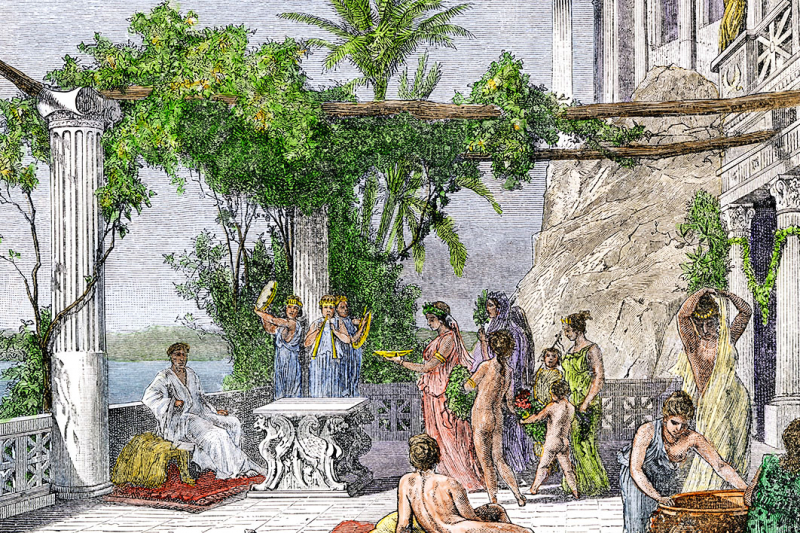
Photo: https://www.heritage-history.com/ 
Photo: https://www.thoughtco.com/



















